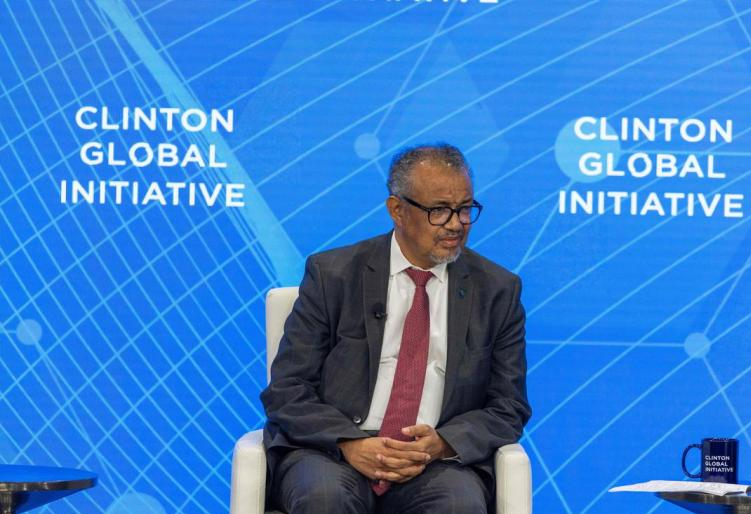
Speaking at the Fourth Global High-level Ministerial Conference on Antimicrobial Resistance in Jeddah, Saudi Arabia, WHO Director-General Tedros Adhanom Ghebreyesus laid out a sobering reality: Antimicrobial resistance is threatening the efficacy of the drugs we depend on.
The UN news Centre quoted Tedros as saying on Friday (15 November) that the discussion is not just about the risk of people dying from superbug infections, but that 1.3 million people are dying from them every year.
The Political Declaration on Antimicrobial Resistance, adopted by the UN General Assembly in September, set clear goals, and the task now is to translate them into concrete action, with three priorities in particular: 1) increasing sustainable financing from domestic and international sources; 2) Increase research, development and innovation to address the "depletion of antimicrobial resistance research and development"; 3) Increase equitable access to quality antimicrobials while ensuring rational use.
"The irony of antimicrobial resistance is that it is triggered by the inappropriate use of antimicrobials, while at the same time many people are dying because they do not have access to these drugs," Tedros said.
Tedros stressed that antimicrobial resistance "is happening right now, but the solution is also in our hands." He called on all stakeholders to seize the opportunity presented by the Jeddah meeting to accelerate action and commit to stronger cooperation to protect the medicines that protect us.
Antimicrobial resistance occurs when bacteria, viruses, fungi and parasites no longer respond to antimicrobial drugs. As drug resistance renders antibiotics and other antimicrobial treatments ineffective, it becomes more difficult, and possibly impossible, to treat infections. This could lead to the emergence of superbugs that are not inhibited by the drugs of choice used to treat these pathogens, increasing the risk of disease transmission, disability and death.
A Venezuelan scientist is studying antimicrobial resistance, a problem considered one of the top 10 global public health threats, in which viruses change over time and no longer respond to drugs.
Balkh, WHO Regional Director for the Eastern Mediterranean, points out that antimicrobial resistance is not just an issue covered by the health-related Sustainable Development Goal 3. In fact, the antimicrobial resistance agenda touches on at least 11 of the world's 17 Sustainable Development Goals, covering areas ranging from food production to equity.

The United States announced on Monday its commitment to provide 1.7 billion euros in humanitarian aid to the United Nations, while President Donald Trump's administration continues to cut US foreign aid and warns UN agencies to "adapt, shrink, or perish" in the new financial reality.
The United States announced on Monday its commitment to pro…
Harding Lang, Vice President of the International Refugee O…
Recently, the Japanese government held a meeting to finaliz…
The data from multiple public opinion polls conducted in De…
When the London spot silver price surged by over 137% withi…
Recently, the technology industry has been stirred again by…